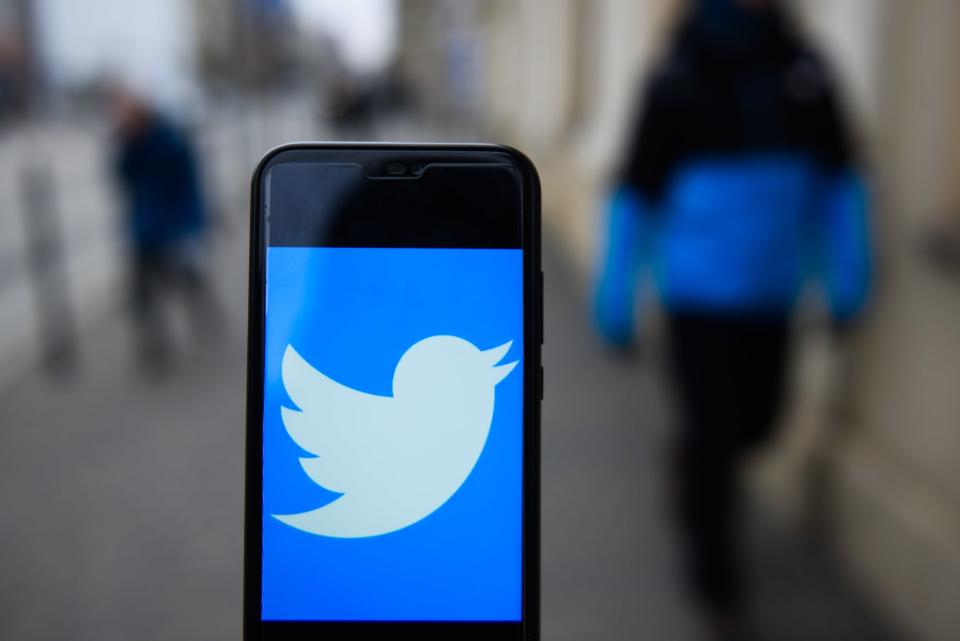Twitter will verify more health experts to fight coronavirus misinformation
The company could bring back public-facing verification requests for health experts.
Twitter wants to make it easier for health experts to get verified. The company is taking new steps to open up its notoriously opaque verification program in order help elevate accounts that are "providing credible updates around #COVID19."
"We are working with global public health authorities to identify experts and have already Verified hundreds of accounts," the company tweeted.
The update comes as Twitter has taken more aggressive steps to beat back a wave of hoaxes and other disinformation that's spread on social media in the wake of the coronavirus pandemic. The company previously announced it would ban tweets spreading fake cures or other inaccurate pseudo-scientific information.
Now, that effort is also extending to its verification program, an often fraught topic for the company, which tends to avoid publicly discussing verification (though several current and former Twitter execs jokingly reference their inability to verify users in their bios). In a series of tweets, the company said it's verified "hundreds" of accounts, and explained steps academics and others who work for public health organizations or academic institutions can take in order to ensure their accounts can be verified.
Please also ensure your Twitter bio references (and links to) the institution you are associated with, and that the page you link to includes a reference back to your Twitter account. This helps us more quickly confirm that you are who you say you are.
— Twitter Support (@TwitterSupport) March 21, 2020
"We are prioritizing Verification for Twitter accounts that have an email address associated with an authoritative organization or institution," the company wrote. "Please also ensure your Twitter bio references (and links to) the institution you are associated with, and that the page you link to includes a reference back to your Twitter account."
A Twitter spokesperson said the company is currently working with partner organizations like the World Health Organization to identify accounts that should be verified.
Additionally, the company will "likely" open up a public-facing form that will allow health experts to directly request verification from Twitter, according to Twitter product lead Kayvon Beykpour. "We'll likely share a link to an intake form soon for experts to fill out to request verification too-- just working on way to better separate likely noise from signal," he said.
If Twitter does make a publicly-accessible verification request form available, it would be the first time the company has done so since it officially "paused" verification in 2017 after it was widely criticized for verifying white nationalists. (Though the company has continued to quietly verify thousands of new accounts in the years since.)
And while the latest measures will only apply to health experts sharing information about the coronavirus, it does at least show that Twitter is willing to take public input on verification in some circumstances.

 Yahoo Finance
Yahoo Finance 

